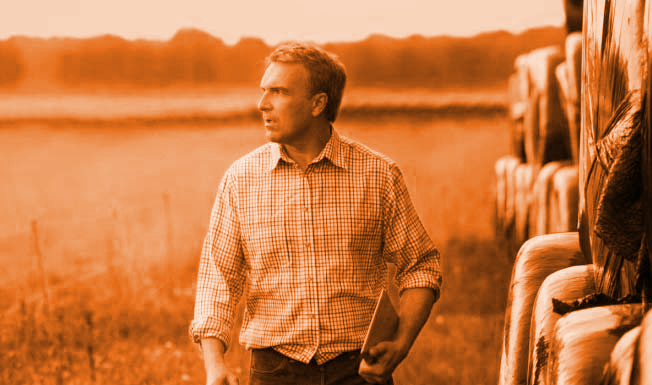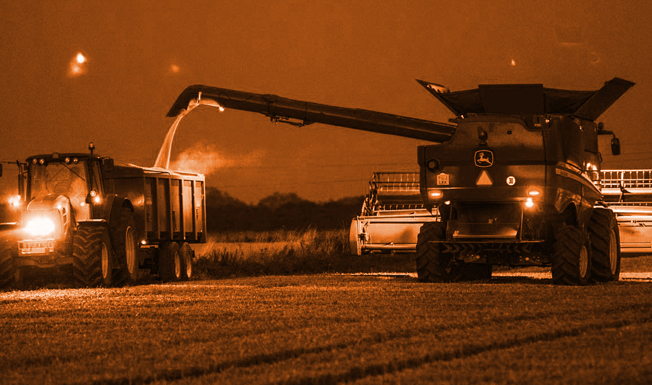Is it Time to Start a Daily Diary?
The following article has been written for and published by Farmers Guide. It is protected by copyright and may not be reproduced in part or whole without the written express permission of both Openfield and Farmers Guide.
Global uncertainty means record-keeping is more important than ever, to identify strengths and weaknesses in farming businesses.
As we all move closer to harvest 2025, I wonder how many of you have a written diary of events that have happened since last harvest, asks Cecilia Pryce, Openfield’s head of research, compliance and shipping. Do you record the farming issues that you face and at the end of every year, type out a summary and compare that with your yields and quality?
I know a few that do this, but I reckon they may well be in the minority. Ultimately it will then come down to the quality of the records made – and if you tell yourself the truth. Recording, comparing and learning seems like an obvious thing to do, but ultimately that data then needs to be scaled up across the whole country and analysed to see if national changes and issues are making a difference.
One question I would ask all of you with an SFI scheme is, what impact have you seen from them? Also, in what ‘unit’ would you measure success – and be aware that your take on success may not be the same as someone else’s. Have you really looked at the birds and the insects on your farm or are you signed up and doing what is asked but no more? In a similar way, many growers don’t have weighbridges and as such don’t know their yield from each field, and hence their return on inputs and variety choices.
You could believe your combine, but have you ever used the combine weight and then compared it to the weighed out/payment weights, while also remembering the amount you lost when drying, cleaning or feeding the home livestock? I think what I am asking is: How honest are you about your returns and how good are you at identifying issues and calculating the final impact or even the return from changing things from one year to the next?
Throughout the growing season there is much debate about the impact of weather, disease and varieties etc, and this noise moves markets – be it nationally or globally – but does it ever really get tested by governments? In my mind the only way we can have a real national
agricultural policy is to start the annual recording process, but in a professional national way i.e. treating every field like a trial plot. If we don’t, then any data on crop sizes and correlation to weather, loss of a chemical or price of fertiliser is nothing better than guesswork.
Ultimately, if the market price of grains was to continue to fall, how many of you will not plant this autumn or will only plant certain fields? It’s a tough one, but on what data would you make that decision or would you be paralysed by uncertainty due to the lack of data?
With so many global uncertainties, maybe it’s time to start that daily diary. Commercial businesses globally must be able to identify weaknesses and strengths and address them or capitalise on them, so if you don’t then maybe as you consider next year’s planting programme you could invest in a diary and start recording?
You never know, it may help improve your decision making and out a few untruths at the same time. Even better, when government start asking you for justification for SFI, you would have some clear answers – although I’m not sure what metric you will be using!
Fertiliser matters
During early June, new season fertiliser offers were released with an attractive UK-produced nitrogen in particular, writes Openfield
fertiliser manager Lucy Hassall. The campaign ran well with a significant volume purchased in a short period of time. For those that covered requirements, this appears to be a very sensible option given the global state of play when it comes to fertiliser at present.
By mid-June there had been a number of factors supporting a bullish outlook. Recent global events are once again creating volatile markets, with a drone strike on Russia’s major nitrogen production facility; and Israel – which is a major exporter of gas to Egypt – temporarily shutting down a major gas field, cutting supply and resulting in Egypt shutting down urea production.
The EU has announced significant tariffs on Russian fertiliser imports, which will likely shift trade flows and add to what is already a
very tight supply due to high energy costs and production curtailments.




